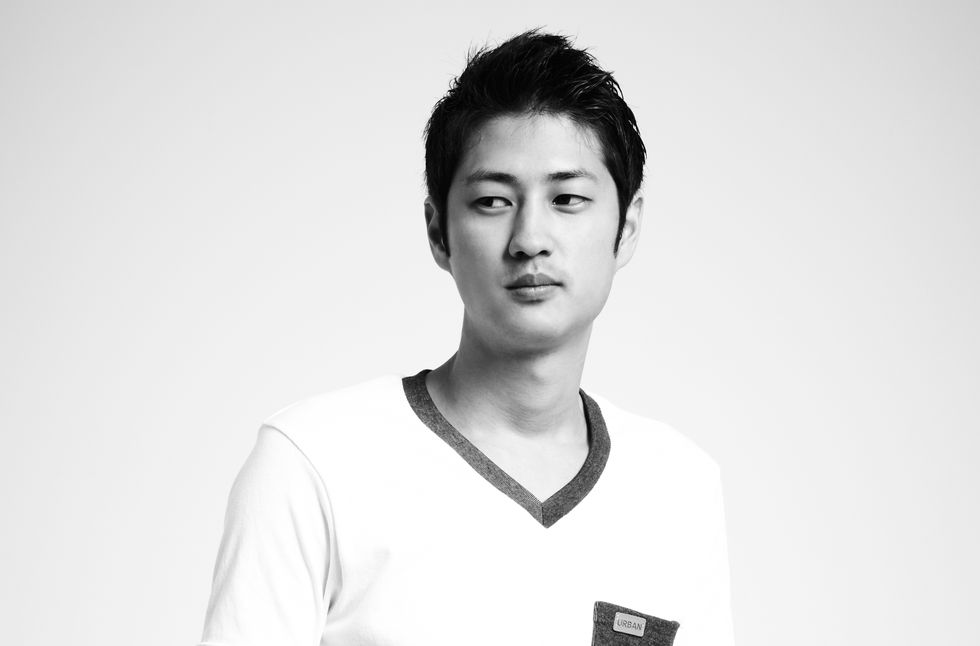On Thursday, February 22nd, the internet was hit with the first official trailer of the latest Netflix original movie produced by the streaming service. “The Outsider” was shown to be a movie about the yakuza, a blanket term used for Japan’s organized crime syndicate. The trailer immediately sparked discussion all over the internet, but it wasn’t for the provocative scenes or its action-packed moments.
The real buzz was about the casting of Jared Leto as the main character: a white American soldier being accepted into the world of the yakuza. This decision drew criticism from people who called the choice an obvious example of White Washing, the casting of white actors in non-white roles. While many people were rightly outraged about this production, the sad thing is this is far from the first time this has happened.
Hollywood has a full history of overlooking, at best, and blatantly ignoring Asian people. In 2017, Scarlett Johansson was cast as the main character in the movie adaptation of the popular anime “Ghost in the Shell”. In 2016, Tilda Swinton was cast as The Ancient One, a Tibetan character popularized in the comic the movie “Doctor Strange” was based off of. In 2015, Emma Stone was cast as a half Hawaiian, half Chinese woman in the film “Aloha”. And this is all just from the past three years.
Going further back in the history of the entertainment industry gives us gems such as Fu Manchu, a Chinese villain played by a white actor in the movie “The Face of Fu Manchu” and Mr. Yuinoshi, the Japanese landlord in the classic “Breakfast at Tiffany’s”, once again played by a white actor.
These two roles in particular also show the other side of being an Asian in Hollywood. You’re reduced to a caricature and stereotypes. Asian women are seen as the exotic “Dragon Lady”, a mysterious, sexy, dangerous woman (Lucy Liu in Kill Bill) and “Lotus Flowers” who are docile, subservient, and need to be saved, typically by a white man (Miss Saigon). Asian men, on the other hand, are typically portrayed as nerds with zero sex appeal; think Raj on “The Big Bang Theory”.
The only success that comes from Hollywood’s treatment of Asians is in making them feel completely invisible. Asian actors are overlooked in favor of white actors. Asian characters are devoid of depth and instead become a collage of stereotypes. Nothing makes someone feel more different and excluded than never seeing someone who looks like them on a screen, and when they do it is through a totally unrelatable caricature.
To so many Asian Americans who have been surrounded by these examples of racism and this lack of representation, enough is enough. Celebrities such as Aziz Ansari (“Master of None”), Constance Wu (“Fresh off the Boat”), and Margaret Cho (“All American Girl”) have all been very vocal in the campaign to include not only Asian actors in film and TV, but produce more Asian narratives.
Ansari became the first Asian American to win a Golden Globe for Best Actor in a TV Show for “Master of None”, where he debunks the nerdy Asian stereotype and dedicates an episode to the struggle of being a typecast Asian actor.
Constance Wu is a prominent voice in the movement for representation and has spoken about it everywhere from Twitter to interviews.
Margaret Cho penned a letter to Tilda Swinton about her white washed role, which garnered a response and media attention.
A movement called #STARRINGJOHNCHO reimagines blockbuster hits starring white males with Korean actor John Cho as a statement about diversity.
Everyone deserves to see someone on the big screen, on the family TV, and in between the pages of a book that they can relate to. Even though it may take years, as long as people become aware of and acknowledge the problem things will continue to get better.








































